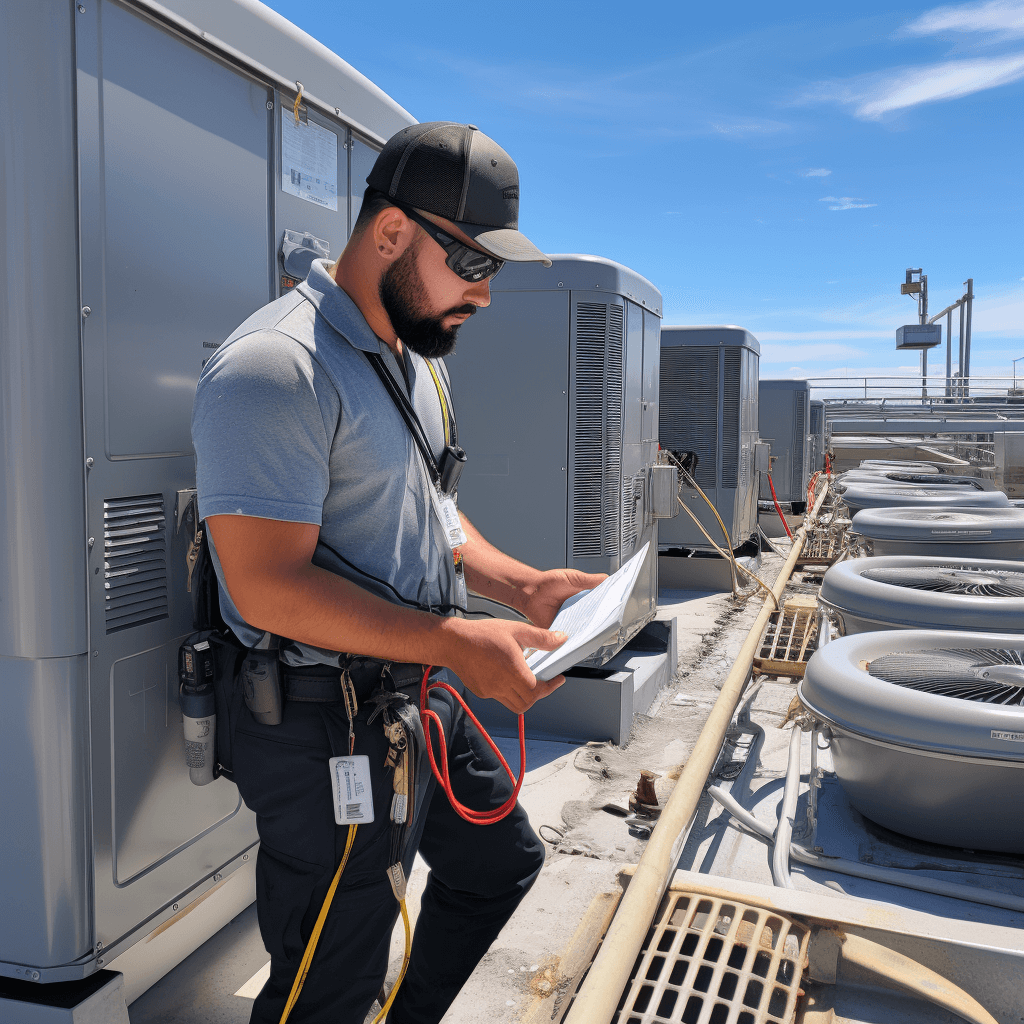Does a Commercial HVAC System Require a Dedicated Power Supply? Insights from AirGreen
AirGreen is a premier Heating, Ventilation, and Air Conditioning (HVAC) company based in Montreal. We specialize in the sale and installation of Commercial HVAC systems and services, delivering unmatched services across Greater Montreal, Laval, Longueuil, South Shore, and North Shore. One frequent query we address is about the need for a dedicated power supply for commercial HVAC systems.
This extensive guide will delve into whether a commercial HVAC system necessitates a dedicated power supply, aiming to provide you with a comprehensive understanding of the topic. As always, our goal at AirGreen is to empower you to make well-informed decisions that best meet your business's HVAC needs.
Understanding Commercial HVAC Systems
A commercial HVAC system is an integral part of any business infrastructure. These systems are designed to manage temperature and air quality in a building, ensuring a comfortable and healthy environment. They are typically more complex than residential systems, due to the larger space and varying needs of commercial properties.
Do Commercial HVAC Systems Require a Dedicated Power Supply?
The short answer is yes. Commercial HVAC systems, due to their size and power requirements, typically need a dedicated power supply. However, the specifics can vary based on the type of HVAC system and the building's size and layout.
Why Do Commercial HVAC Systems Need a Dedicated Power Supply?
- Power Requirements: Commercial HVAC systems are usually larger and more powerful than residential units. They need to heat, cool, and ventilate larger areas, which require more energy.
- Safety Concerns: Overloading an existing electrical circuit with an HVAC system can lead to safety hazards, such as electrical fires. A dedicated circuit helps to avoid these risks.
- Efficiency and Performance: A dedicated power supply ensures that the HVAC system can operate at its peak efficiency without disrupting other electrical devices.
- Compliance with Electrical Codes: In many regions, local electrical codes require HVAC systems to have a dedicated circuit for safety reasons.
Things to Consider When Setting Up a Dedicated Power Supply for Your Commercial HVAC System
- Energy Needs: Determine the energy needs of your HVAC system. This information can be found in the system's specifications and is usually measured in British Thermal Units (BTUs).
- Electrical Panel Capacity: Check the capacity of your building's electrical panel. It must be able to handle the extra load of the HVAC system.
- Professional Installation: It's essential to hire a professional for the installation. They will ensure the system is correctly wired and meets all safety standards.
- Maintenance and Inspection: Regular maintenance and inspection of the dedicated power supply are crucial to ensure it continues to function safely and efficiently.
AirGreen: Your Reliable HVAC Partner in Montreal
At AirGreen, we understand that each business has unique HVAC requirements. Our team of skilled professionals is ready to guide you through the process of selecting and installing the ideal HVAC system for your business. We are committed to delivering quality HVAC systems and services, ensuring that your commercial space is comfortable, energy-efficient, and conducive to productivity throughout the year.

